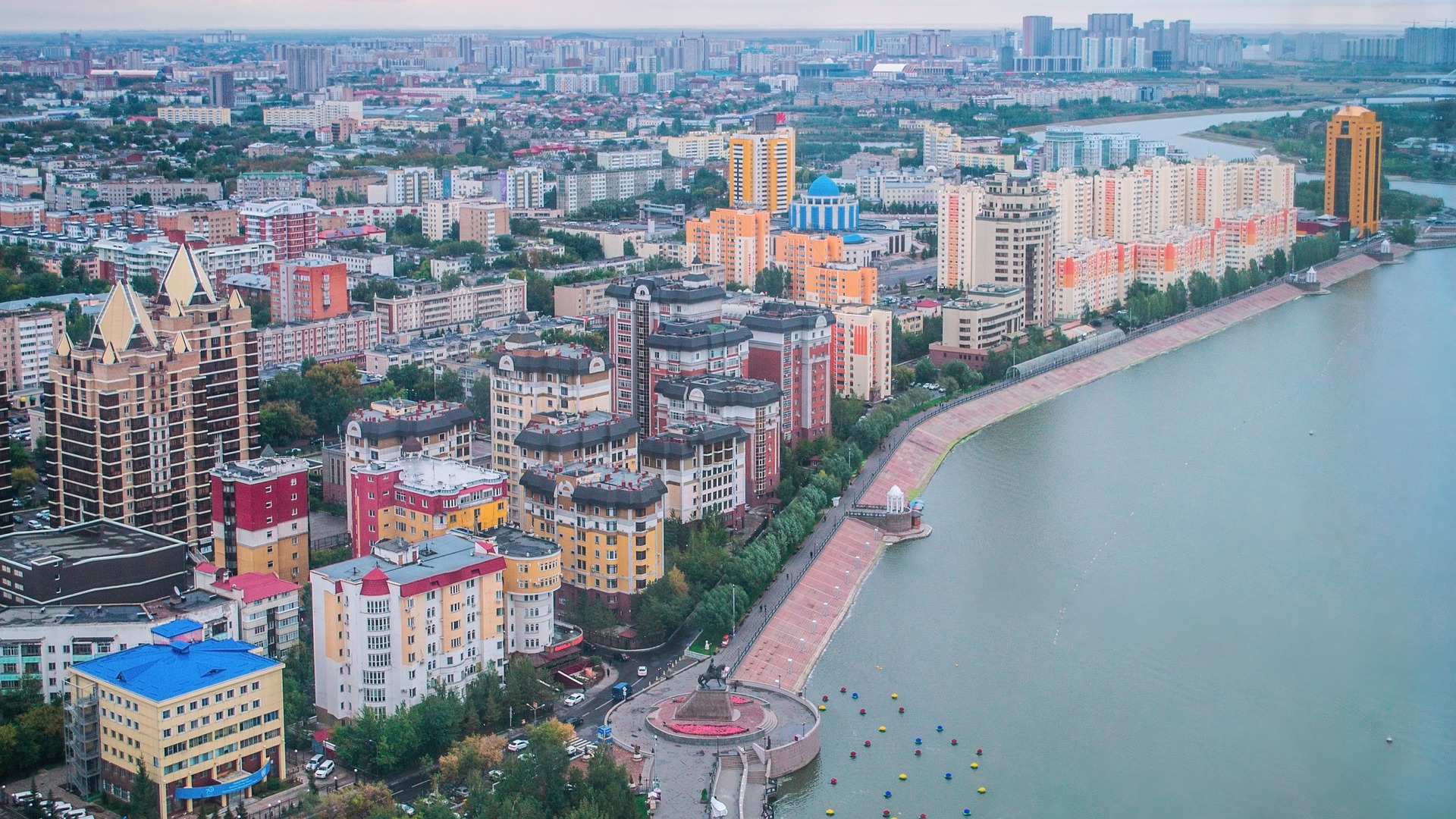Kazakhstan: the EU’s rare earth opportunity

With dramatically decreased carbon emissions a key cornerstone of the EU’s green recovery plan, it’s clear that electric vehicles (EVs) are set to play an increasingly prominent role in the mobility sector over the coming years, especially among German manufacturers. However, the shift away from the combustion engine to e-cars means greater demand for rare earth elements – for which the EU is highly dependent on China at present.
That makes these precious metals a significant pawn in the geostrategic struggle between China, the US and the EU – and one which the latter would surely prefer was removed from the chessboard. With that in mind, the European Commission has identified the sourcing of 30 critical raw materials (CRMs) as an urgent priority but has yet to work decisively towards a coordinated diversification of its suppliers. In particular, Kazakhstan could prove to be an invaluable resource in this intensifying race for CRMs and the opportunity to lock down deals with the Central Asian nation is one which the EU cannot afford to miss if it is to free itself from its overreliance on China in the future.
Chinese dominance a dangerous state of play
It might have arrived half a year behind schedule, but Germany finally met its target of putting one million EVs on its roads this month. If the country is to reach its 2030 climate goals, it’s estimated that another 13 million more vehicles must join them in the next nine years. That’s a trend that will be witnessed right across the bloc, with the batteries – and the precious raw materials which go into their production – likely to become increasingly hot properties. Indeed, the European Commission expects member countries to require 18 times more lithium and five times more cobalt by the end of the decade.
However, much of the CRM market is currently under the dominion of China: The Asian superpower has access to two-thirds of the 30 resources earmarked by the EU as crucial to its growth, defence and development, while it produces around 58% of the total CRM market output. That’s nearly four times the nearest competitor (the USA, with 15.8% of the sector). What’s more, Beijing also controls 85% of rare earth element processing capacity across the globe. That kind of monopoly is not a healthy state of affairs, as China amply demonstrated in 2010. Disgruntled over a dispute with nearby Japan, China slashed its export quotas for CRMs by almost three-quarters, driving up the price of the market by 700%. Clearly, it’s not in anyone’s interests to allow a repeat of that situation to occur – except, of course, China itself, who made some concerning noises to that effect earlier this year.
Kazakh potential
The EU are not blind to the danger. Aware that they rely on imports for 80% of 17 of the 30 elements identified as crucial – and that a mere three of them are primarily sourced within the borders of the bloc – Brussels has taken steps to address the issue. That has involved ramping up its production of materials like lithium to ensure that 80% of its future demand will be met by domestic mines by 2025, but also seeking new third-party partners to diversify its supply stream. But despite that willingness to investigate new areas of exploration, Kazakhstan, the ninth largest country on the planet, has merited little more than a footnote in the EU’s plans to date.
Kazakhstan poses an attractive alternative for a number of reasons, including the fact that it’s the foremost extractor and exporter of uranium in the world. Given that CRMs are often produced from uranium tailings, the pickings could be rich throughout the country’s sizable and largely untapped landmass. Individual member states have been alive to this potential for some time; both France and Germany signed agreements to develop rare earth opportunities in Kazakhstan as far back as a decade ago, while the Japanese have also brokered deals. Even the US government has identified Kazakhstan as a country of interest, compiling an inventory of some 384 CRM occurrences across 160 sites in Kazakhstan in 2017. Yet the EU are still to formalize any sort of bloc-wide arrangement.
EU must not be caught sleeping
China’s current domination of the market is so complete is that it would likely encourage an alternative supply chain overseas. As the biggest consumer of CRMs, it would make sense for Japan to host those new facilities from a logistical sense – but not from a historical one, as far as Beijing is concerned. As a more neutral territory and as a potential bridge between east and west, Kazakhstan could pose the perfect location for processing infrastructure, especially if the predictions about its CRM potential turn out to be true.
As such, it’s imperative that the EU follow the leads of Berlin and Paris to engage with Nur-Sultan as a matter of urgency. The fact that those deals took place roughly a decade ago means that the groundwork for capitalizing upon Kazakh resources may already be in place – all it requires now is for the firm and decisive action from Brussels to make its interest official. With the US pursuing its own Mountain Pass mine and other alternatives like the Democratic Republic of Congo and Myanmar beset by internal conflict, Kazakhstan could represent the bloc’s best opportunity to shake off the shackles of Chinese dependency and plot a course for sustainable CRMs far into the future.
(Devdiscourse's journalists were not involved in the production of this article. The facts and opinions appearing in the article do not reflect the views of Devdiscourse and Devdiscourse does not claim any responsibility for the same.)










